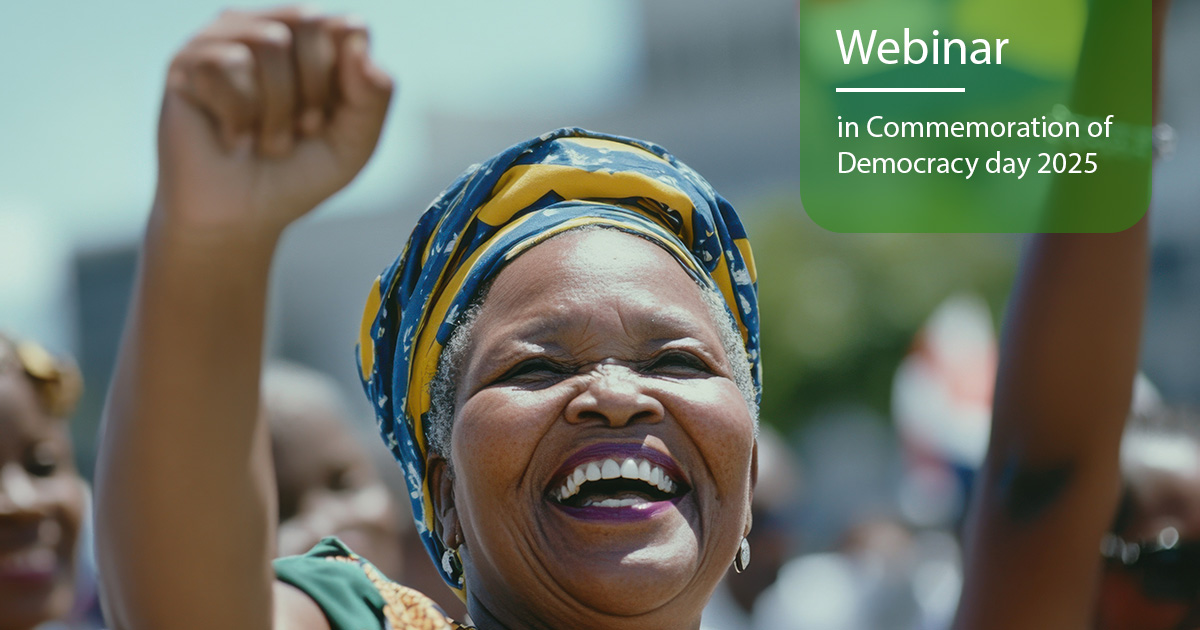Thirty-one years of Democratic Rule; Whither South Africa?
This year marks the 31st Anniversary of democratic rule in South Africa. Thus, South Africa is a relatively young democracy with a progressive constitution. Democracy is often referred to as a way of governing, which depends on the power or will of the people. The former President of the United States, Abraham Lincoln defined democracy as ‘the government of the people by the people and for the people’. It is premised on the basis that peoples’ will should always be considered before decisions are made. According to the Commission for Human Rights (2002), the predecessor of the Human Rights Council, some of the essential elements of democracy include free and fair elections, respect for human rights, respect for rule of law, a pluralistic system of political parties and organizations, separation of powers, independence of the judiciary, transparency and accountability in public administration, free, independent and pluralistic media.
Date: 28 April 2025
Time: 12 pm-1.30pm
President Nelson Mandela in 1994 during the inaugural speech said ‘We have triumphed in the effort to implant hope in the breasts of the millions of our people. We enter into a covenant that we shall build the society in which all South Africans, both black and white, will be able to walk tall, without any fear in their hearts, assured of their inalienable right to human dignity - a rainbow nation at peace with itself and the world.’
The question may be asked: has this promise been kept? Since becoming a democracy some important gains have been made, including a progressive constitution, strong institutions and a vibrant multi-party system. However, some challenges remain to be addressed. These include high poverty rate, persistent inequality, high level of unemployment, corruption and violence and insecurity. For the first time during the last elections no party secured the majority necessitating the formation of government of national unity (GNU). So far the GNU has fared well save for the recent impasse regarding the budget.
Against this backdrop, the Centre for Human Rights, Faculty of Law, University of Pretoria is hosting a webinar in commemoration of this year’s democracy day.
Programme
Moderator
Prof Elvis Fokala
Centre for Human Rights, University of Pretoria
Opening Remarks
Dr Nomfundo Ramalekana
Faculty of Law, University of Cape Town
Panellists
Prof Retselisitsoe Phooko
UNESCO ‘Oliver Tambo’ Chair of Human Rights, University of Fort Hare
Ms Bonolo Makgale
Centre for Human Rights, University of Pretoria
Dr Zamani Saul
Premier, Northern Cape Province
Question and Answer Session
Closing Remarks/Vote of thanks
Prof Ebenezer Durojaye
Centre for Human Rights, University of Pretoria


